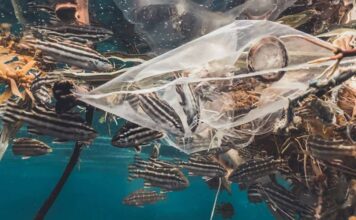Underground waterways between cities receive sewage from houses and roads, and are often exposed to corrosive acids, as well as various pressure and temperature changes. Therefore, they all need to cost a lot of money to maintain.
Recently, Australian scientists have developed a concrete “self-healing” additive, which is estimated to save 1.4 billion US dollars per year.
The concrete supplement pill developed by the University of South Australia is a mixture of calcium hydroxide powder and alum sludge wrapped in microcapsules.
The team believes that instead of dumping sewage treatment by-products such as alum in the landfill, it is better to recycle and reuse.
And finally, it was found that the mixture was also effective against microbiological corrosion phenomenon (MIC).
The team’s plan is to simply add the capsules to the wet concrete in the final stages of mixing when pouring the concrete pipeline sections.
If the water pipe is not damaged, the capsules inside will not be affected either. But if the concrete line cracks, the acid-sensitive outer shell of the capsules can rupture due to the drop in pH, releasing the contents.
When the silica and alumina in the sludge are mixed with calcium hydroxide under the action of water, the mixture forms a solid gel that immediately fills the cracks, and over time the calcium hydroxide also carbonizes to form solid calcium carbonate, Provides longer protection.
Yan Zhuge, a professor of sustainable engineering at the University of South Australia, said improved concrete mix design was the preferred way to control the phenomenon of microbial corrosion.
After all, without human intervention, cracks can be automatically filled with special capsules, which can solve the problem of sewer corrosion and silt at one time. There are also some robotic technologies that can help maintenance of the sewers.




